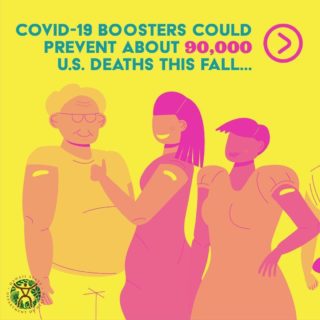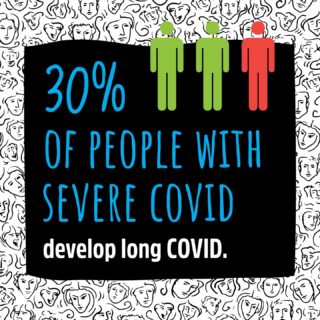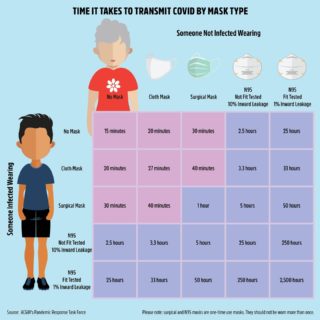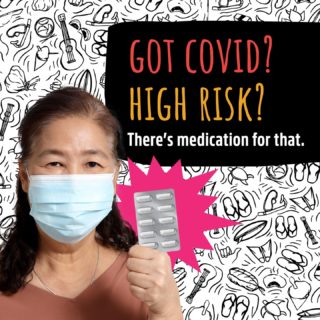After getting COVID, some people experience long-term problems even after the virus is under control. Called long COVID, these long-term effects can vary widely – and can be devastating, affecting your ability to think, breathe, and even your mood.
Some common symptoms include:
- Cardiac issues like fast heart rate
- Respiratory issues like shortness of breath
- Various neurological issues including brain fog, lack of concentration, poor memory, and difficulty doing cognitive tasks
- Damage to organs like the brain, heart, or lungs
- Joint pain
While anyone can get long COVID, studies show you’re more likely to contract it if you’ve had a severe case of COVID.
So, the best way to avoid long COVID is to NOT have a severe case in the first place. And the best way to prevent a severe case is to keep up to date with your vaccinations, including boosters.
If you have more questions, please contact your doctor.
Sources: https://www.thelancet.com/journals/lanres/article/PIIS2213-2600(21)00385-4/fulltext (The Lancet)
https://www.who.int/publications/i/item/WHO-2019-nCoV-Post_COVID-19_condition-Clinical_case_definition-2021.1 (World Health Organization)
https://www.medrxiv.org/content/10.1101/2021.08.07.21261740v1 (British Medical Association, Yale Medicine)
https://www.cdc.gov/coronavirus/2019-ncov/long-term-effects/index.html (CDC)
Updated 09/06/2022








































